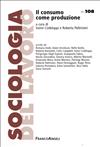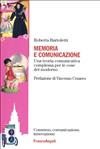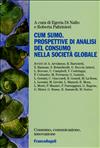
Eastern Germany The article analyses consumerism as a place of production in the meaning, with regards to the relevant data and biographies that may be dissociated with public addresses with regards to identity and the underlying data. There is an evident link between the product and memory, which is valuable to find one’s own identity. A case study about the recent history of East Germany from the market of Ostalgia, began and was developed after the fall of the Berlin Wall.









